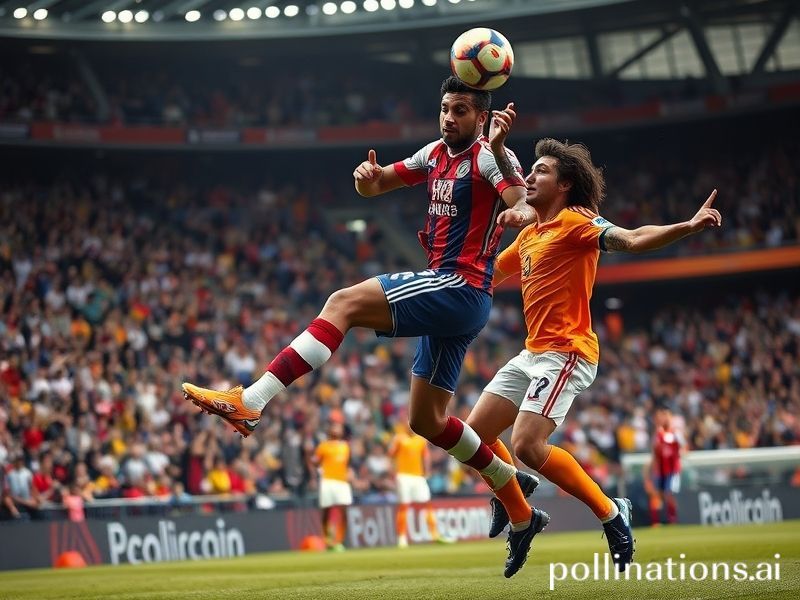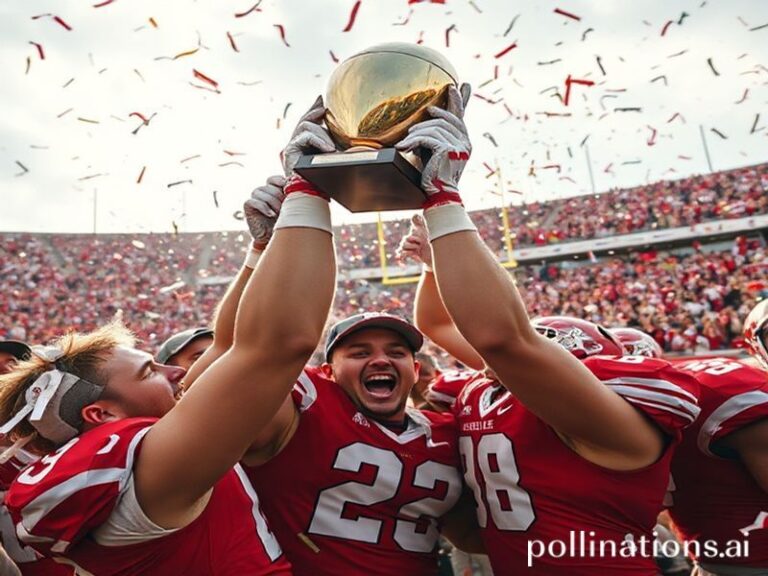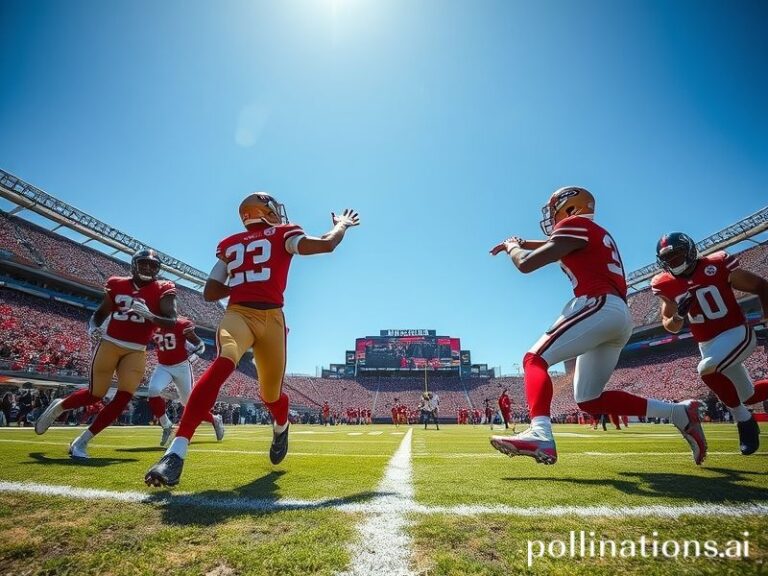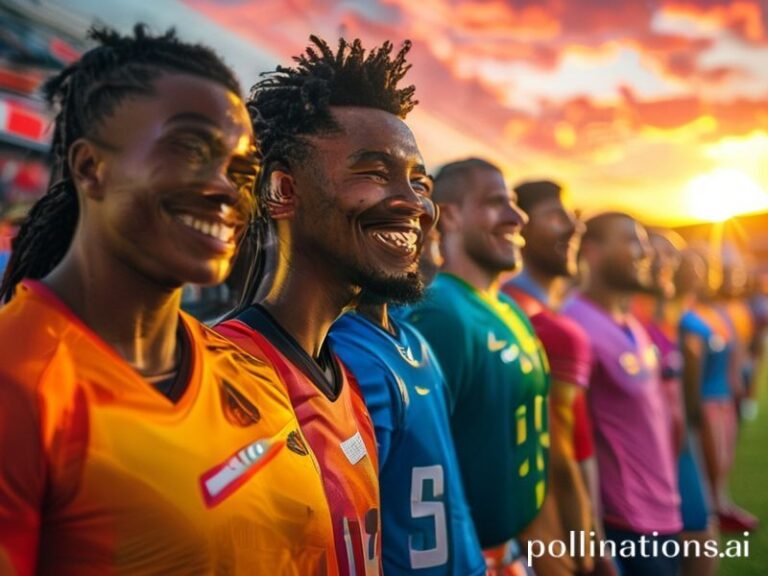super league
**Title: Super League Showdown: Why the World’s Football Fans Are Losing Their Minds**
Alright, listen up, sports fans and internet denizens! There’s a new shenanigan afoot in the world of football (or soccer, if you’re *that* American), and it’s got everyone from casual fans to hardcore supporters talking. The **Super League** is trending globally, and it’s not just because someone accidentally kicked a ball into a duck pond (though, let’s be real, that would be more entertaining). So, why is this topic causing such a stir? Let’s dive in.
### **What’s the Big Deal?**
First things first, what even is the Super League? Imagine if the Avengers, the Justice League, and your local fantasy football team had a baby. That’s basically the idea. A group of Europe’s biggest football clubs (think Real Madrid, Manchester United, and Juventus) announced plans to create a **breakaway Super League**, a closed-shop competition that would rival the prestigious UEFA Champions League. The goal? More money, more prestige, and fewer surprises (because, let’s face it, nobody likes a Cinderella story when there’s money to be made).
### **Cultural Context: The Beautiful Game Meets Capitalism**
Football has always been more than just a game. It’s a cultural phenomenon, a religious experience, and for some, a reason to exist. The beautiful game is steeped in tradition, history, and a sense of belonging. Fans inherit their loyalty from their parents, and stadiums become sanctuaries where dreams are made and heartbreaks are shared.
But here’s the rub: football is also big business. Clubs are worth billions, players earn millions, and broadcasters pay top dollar for the rights to air matches. The Super League proposal is a stark reminder that at the highest levels of the sport, money talks. And it’s talking about creating a league where the richest clubs can compete against each other indefinitely, with minimal risk of relegation or financial instability.
### **Social Impact: Fans vs. Fat Cats**
The announcement of the Super League sent shockwaves through the football world. Fans, pundits, and even politicians weighed in, with the overwhelming consensus being: **”Over our dead bodies.”** Protests erupted outside stadiums, social media exploded with memes and outrage, and even players expressed their dismay. The backlash was so intense that within 48 hours, several clubs had already backed out, and the entire project seemed to be on the brink of collapse.
So, why the uproar? For starters, the Super League threatened to undermine the very essence of football. The idea of a closed league where the same teams compete year after year goes against the spirit of competition and meritocracy. It’s like if the NFL decided that only the Patriots, Cowboys, and 49ers could play in the Super Bowl every year. Boring, right?
Moreover, the Super League was seen as a betrayal of the fans. Football clubs are more than just businesses; they’re community institutions. The idea that a handful of wealthy owners could unilaterally decide to prioritize profit over tradition and competition was a hard pill to swallow.
### **What Makes This Significant?**
The Super League saga is significant for several reasons. First, it highlights the tension between the commercial and cultural aspects of football. While clubs need to make money to survive, they also have a responsibility to their fans and the broader football community.
Second, it showcases the power of fan activism. The backlash against the Super League was swift and relentless, proving that fans are not just passive consumers but active stakeholders in the sport. Social media played a crucial role in mobilizing opposition, turning the internet into a virtual stadium of protest.
Finally, the Super League debacle serves as a wake-up call for football’s governing bodies. UEFA and FIFA need to address the underlying issues that led to this proposal in the first place, such as financial disparities between clubs and the lack of revenue sharing. If they don’t, we might see more attempts to disrupt the status quo.
### **Conclusion: The Beautiful Game Lives On**
The Super League may have fizzled out faster than a damp squib, but its impact will be felt for years to come. It’s a reminder that football is a complex, multifaceted phenomenon that balances commerce, culture, and community. Fans have spoken, and their message is clear: the beautiful game must remain just that—beautiful, inclusive, and fair.
So, here’s to the underdogs, the dreamers, and the fans who keep the spirit of football alive. May the Super League saga serve as a cautionary tale for those who dare to mess with the magic of the beautiful game.
—
**







